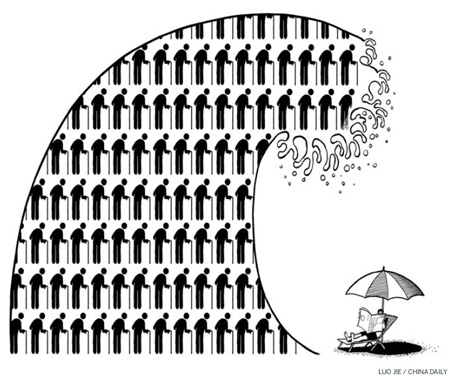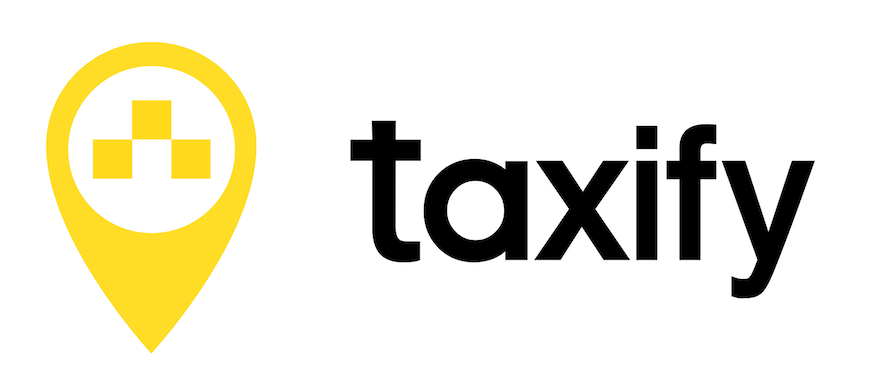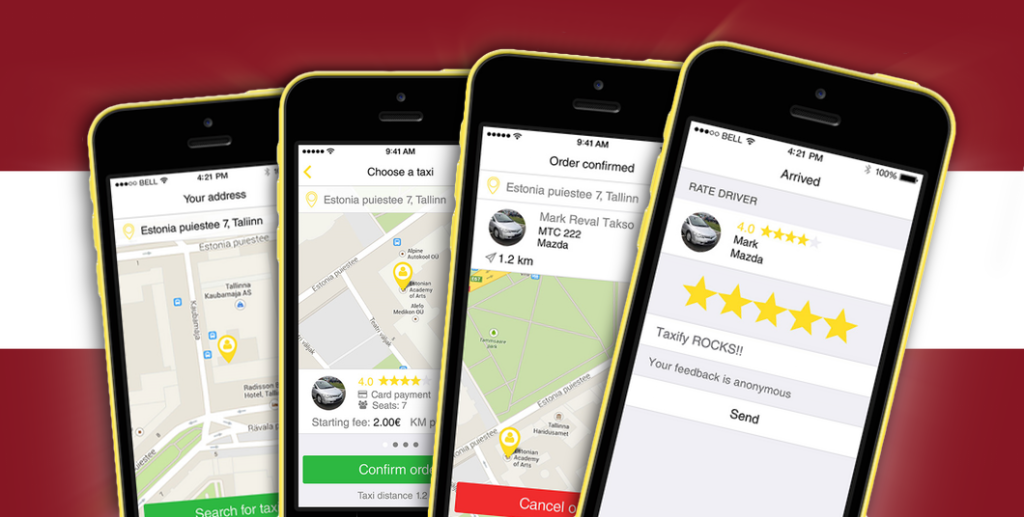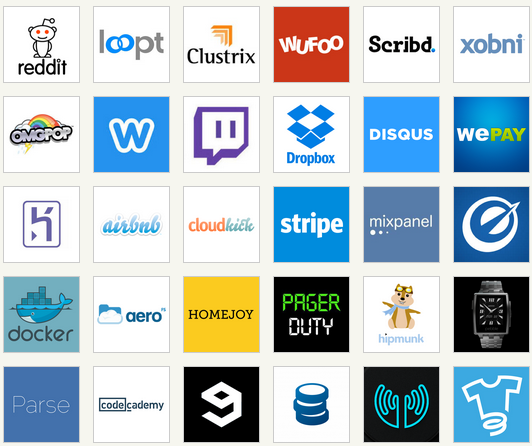MARK COLGATE
It’s
no surprise that data from the American Customer Satisfaction Index
shows that the stock returns on customer service leaders have
outperformed the S&P 500 nearly five-fold over the last 13 years.
However,
despite its enormous value to a company, providing great customer
service can be an exceedingly difficult code to crack.
While
the vast majority of companies would say that they strive to offer a
great customer experience, few businesses are able to execute and
deliver a world-class experience consistently. It’s not that CEOs
and their teams don’t want to offer great service – no one sets
out to disappoint – it’s that they have underestimated the
challenge and have not spent the requisite time and effort to
carefully lay the foundation of a great customer service system.
Looking
at companies that have earned a reputation as customer service
leaders, five best practices emerge in providing an exceptional
customer experience, day in and day out.
Make
employee engagement a priority
It
all starts with people. If employees aren’t happy, they won’t
provide great customer service. WestJet Airlines Ltd. believes that
highly engaged employees, or in its case owners, will go above and
beyond to provide a truly memorable experience. Their strategy is
spectacularly successful – WestJet has earned a spot alongside only
five other companies in Canada’s Most Admired Corporate Cultures
Hall of Fame, J.D. Power has recognized them as a customer service
champion, and they are one of the most profitable airlines in North
America.
Telus
Corp., another Canadian Corporate Cultures Hall of Fame inductee,
reported world-leading employee engagement last year. Telus’ highly
engaged work force helps to explain why the company receives about 75
per cent fewer complaints than its major competitors according to the
telecommunications services complaints commissioner.
Define
a clear vision and goals
In
2006, the Commonwealth Bank of Australia was that country’s
worst-rated retail bank when it came to customer service. The bank
set out to transform itself with a manifesto of seven customer
promises and a clear goal of having the highest customer satisfaction
rates of all major Australian banks by June 30, 2010.
This
clear target and timeframe created a sense of urgency, and the need
to provide better customer service became real. While they didn’t
hit this specific objective, the team was focused and driven towards
an inspiring vision. It took longer than expected, but by 2012 they
reached the top spot and have now held it for 26 consecutive months.
Make
customer service an integral part of your brand.
When
Jeff Bezos founded Amazon.com, he set out to create “the earth’s
most customer-centric company.” Mr. Bezos’ meetings were famous
for the empty chair at the table to represent the customers’ point
of view. When customer service is inextricable from a brand, it
cannot be an afterthought – it must influence every decision.
Looking
at Canada’s retail banking industry, Toronto-Dominion Bank has
built into its brand the core concept of making banking as
comfortable as a green leather chair. It’s not just clever
advertising; for eight years, J.D. Power has ranked TD the highest in
customer satisfaction among the country’s big five retail banks.
Build
a system
Successful
companies are able to hardwire accountability amongst employees. If
there are no measures in place to represent what great service means
to the customer, no process for identifying and fixing customer pain
points, and no method for linking employee rewards and recognition
for achieving customer-focused goals, then companies are reinforcing
the wrong types of behaviours.
In
the hotel industry, Ritz-Carlton is known for its fixation with
customer metrics and process improvements. While on the outside,
Ritz-Carlton employees seem to be extraordinary at personalized
service, the reality is that the company has created a comprehensive
customer service program that includes extensive onboarding and
ongoing training programs, a robust customer relationship management
system, as well as policies and processes that reward employees for
going above and beyond to delight guests.
Create
cultural norms, not rules
Customer
service leaders must strike a balance between micro-managing
employees and giving them carte blanche. Letting employees do what
they think is best can be risky, but a rigid system of rules and
scripts prevents them from being empathetic and creating a connection
with customers.
At
Telus, employees are guided by a set of commitments it crowd-sourced
from its team. When a Telus employee picks up the phone, they know
they should be “friendly, helpful and thoughtful” and “take
ownership of every customer experience” – but from there they are
empowered to let their personality shine through and deliver an
unforgettable experience.
Most
of us can think of at least one organization that has been so
consistently impressive, we’ve been compelled to tell our family
and friends about it. Behind that great customer service, there’s a
clear vision, strong leadership and a perfect balance of goals,
people and systems.
Becoming
a customer service leader doesn’t happen overnight – it’s a
long journey that takes focus, persistence and resilience. However,
by taking the time to understand the necessary building blocks of a
great customer service experience, along with the effort required to
get there, companies can crack the code and turn customer service
into a powerful and sustainable competitive advantage, creating
satisfied customers and happy shareholders.
Thank you for reading another one of my posts done just for you! If you liked what you read please share it by using one of the buttons up top and check out other posts in this blog. I don’t want you to miss out on future posts so please follow me on Twitter @Eurodude23. If you haven’t done it already, please like my fan page by clicking here! See you next time!





































